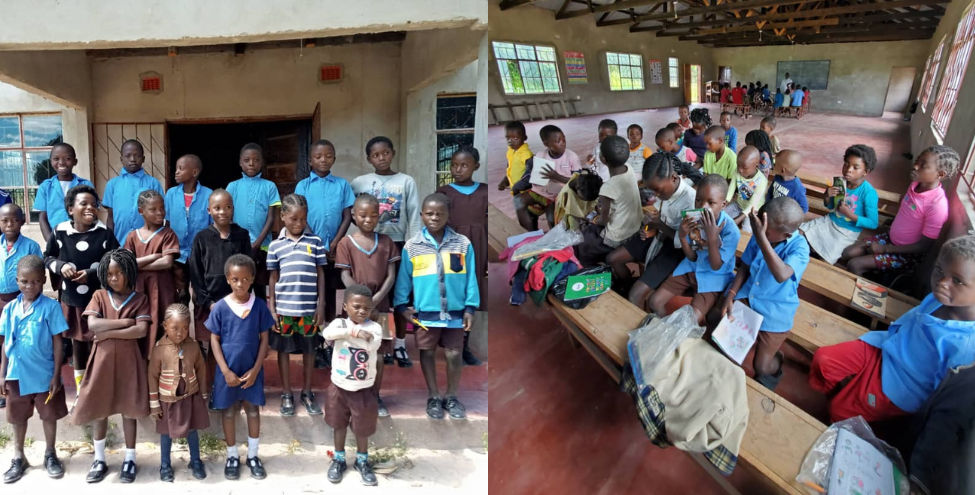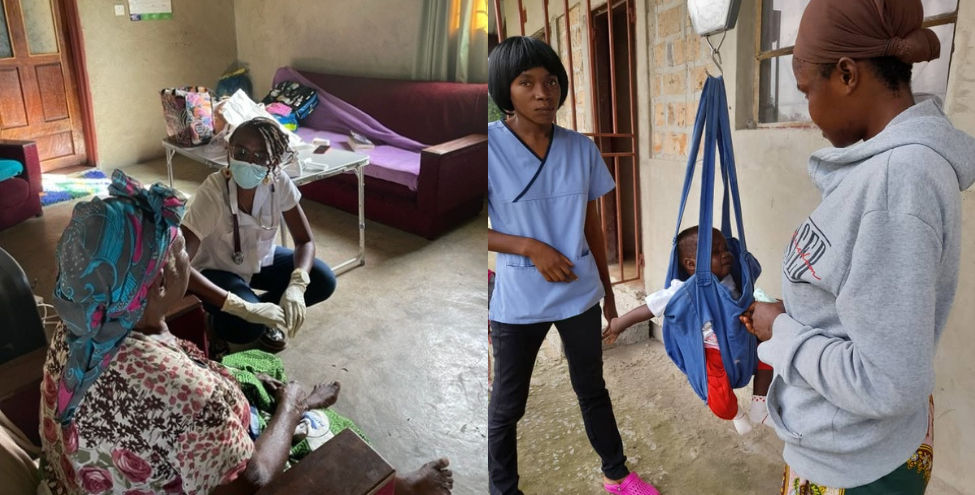J1163N Empowering Souls Zambia
Zambia, Africa
In partnership with Dubbo Outreach Zambia




The Situation
Households in Kitwe, as elsewhere in the global south (IFPRI, 2017), are dependent on cash incomes to access food. Due to the precarious nature of urban livelihoods and associated incomes, global and national economic trends have precipitated and entrenched shocks within urban economies. For Kitwe, these shocks manifested in the form of structural changes in the mining sector, exposing many poor urban households to a high incidence of poverty and food insecurity.
The implications of this high incidence of poverty for the significantly young population is lack of access to education and a high incidence of medical conditions exacerbated by the negative consequences of a nutrient-poor diet, specifically among those who need optimal nutrition during key developmental phases. This is a legacy of poverty could continue for generations.
The Objectives
- To progress the school to Grade 7 (primary education) in the short term and Grade 12 (Secondary education) longer term.
- To provide literacy education and skills training for the adult community residents such as farming, tailoring, knitting, and building skills.
- To create a health centre with a nurse and/or a medical officer who will run a clinic regularly to treat minor illnesses and provide preventative health care in such as vaccinations and health promotion. Dr Shylet will continue to provide oversight and support to the clinical staff.
J1163N

